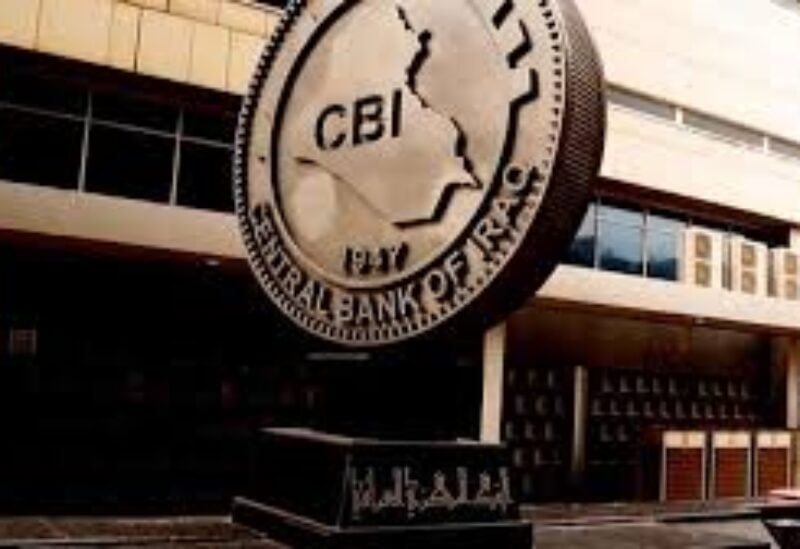
Iraq central bank
The Central Bank of Iraq signed an agreement with global payments company Mastercard to reduce the use of cash and promote digital payments in the country.
The agreement will help Iraq digitise its payment ecosystem, boost financial inclusion, encourage social-economic development and mitigate the risks of a shadow economy, the entities said in a joint statement on Monday.
“We are very much looking forward to working with Mastercard to advance Iraq’s digital transformation, beginning with the education sector,” Duha Mohammed, director general for payments department at CBI, said.
“We clearly recognise that the digital economy has a vital role to play … especially in enabling formal economic growth through a new payment ecosystem that is transparent, simple and effective.”
Iraq’s population of nearly 40 million is largely cash-driven, according to the World Bank. Almost 99.8 per cent of its $122 billion personal consumption expenditure was made in cash in 2019, the lender said.
However, there is a large untapped potential for digitisation. Iraq has a 70 per cent smartphone penetration rate and about 22 per cent of the population falls within the young and tech savvy bracket, Mastercard said, citing the World Bank and Statista figures.
The partnership will aim to build a secure payment ecosystem within the education sector initially, the statement said.
“Our work with the Central Bank of Iraq will focus on improving overall efficiencies [in] the economy, starting with the educational institutions by giving parents, students and merchants a much safer, simpler and more convenient way to pay,” Khalid Elgibali, division president for Middle East and North Africa at Mastercard, said.
“This is only the start … we look forward to expanding into other sectors at a later stage, as we work to advance the full payment ecosystem and achieve financial inclusion in Iraq,” Mr Elgibali said.
The partnership will develop a full digital ecosystem in Iraq, covering key pillars including the use of public policy and regulation to curb the shadow economy and push for the digitisation of key value chains, the entities said.
The value chains include government collections, disbursement, consumer spending, business purchases and salary payments.